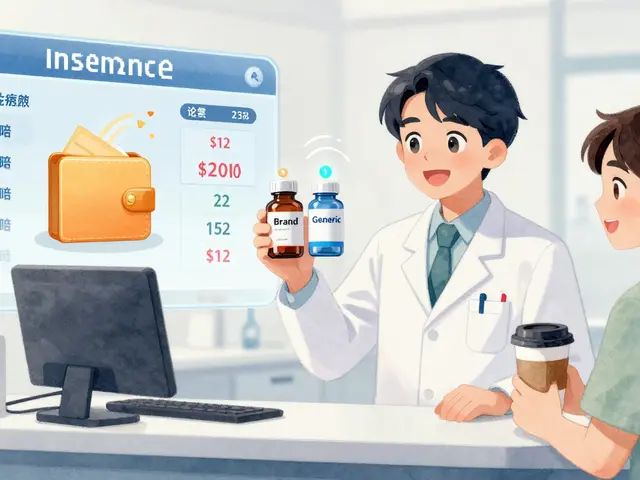Healthy Vision
Want to keep your eyes sharp as you get older? Small daily changes make a big difference. This page gives clear, practical steps you can use right now to protect your vision and avoid common problems.
Daily habits that protect eyes
Start with how you use screens. Follow the 20-20-20 rule: every 20 minutes, look at something 20 feet away for 20 seconds. That eases eye strain and reduces headaches. Lower screen brightness and increase text size to reduce squinting. Position screens so they’re slightly below eye level and sit about an arm’s length away.
Light matters. Wear sunglasses that block 100% of UVA and UVB rays whenever you’re outside. Bright sunlight speeds up cataract and macular damage over years. Indoors, avoid glare and keep room lighting balanced with your screen brightness.
What to eat, supplement, and avoid
Your diet has a real impact. Eat leafy greens (spinach, kale), colorful vegetables, and fatty fish rich in omega-3s. Those foods supply lutein, zeaxanthin, vitamin A, and omega-3s — nutrients linked to better macular and retinal health. If you don’t eat these foods often, talk to your doctor about a daily supplement that includes lutein and zeaxanthin.
Avoid heavy smoking and limit excess alcohol. Smoking raises the risk of macular degeneration and cataracts. Keep blood sugar and blood pressure under control — both can damage the tiny blood vessels in the eye over time.
Watch your medications. Some drugs can cause dry eyes, blurry vision, or other changes. For example, acne meds based on isotretinoin can affect tear production and night vision — read more in our Accutane guide: Accutane: The Real Story on Isotretinoin and our Ssotroin guide: Order Ssotroin Online. High blood pressure meds also interact with eye health; see tips on monitoring with Carvedilol here: Carvedilol and Effective Blood Pressure Monitoring. Always tell your eye doctor about any medications you take.
Protective eyewear matters for work and hobbies. Use safety goggles for power tools, chemistry tasks, or sports that risk eye injury. Even small debris can cause lasting harm.
Get regular eye exams. Adults under 40 should check every 2–4 years if they have no symptoms. After 40, visit an eye doctor every 1–2 years. If you have diabetes, high blood pressure, or a family history of eye disease, ask for exams more often. Early detection catches problems when treatment works best.
Finally, treat symptoms seriously. Sudden vision loss, flashes of light, a curtain over part of your vision, or severe eye pain need urgent care. For gradual changes like more glare, difficulty reading, or persistent dryness, schedule a routine appointment.
Use these simple steps—better screen habits, good food, protective gear, and regular eye checks—to keep your vision working well for years. Small habits add up fast.
The role of acetyl-l-carnitine in promoting healthy vision
As a blogger, I recently discovered the importance of acetyl-l-carnitine in promoting healthy vision. This essential nutrient has been found to play a vital role in maintaining the overall health of our eyes. It works by helping to produce energy within our cells and acts as an antioxidant, protecting our eyes from damage caused by free radicals. Studies have shown that acetyl-l-carnitine can even help prevent age-related vision decline, such as macular degeneration. Incorporating this nutrient into our daily diet or through supplements can greatly contribute to maintaining good eyesight and overall ocular health.




